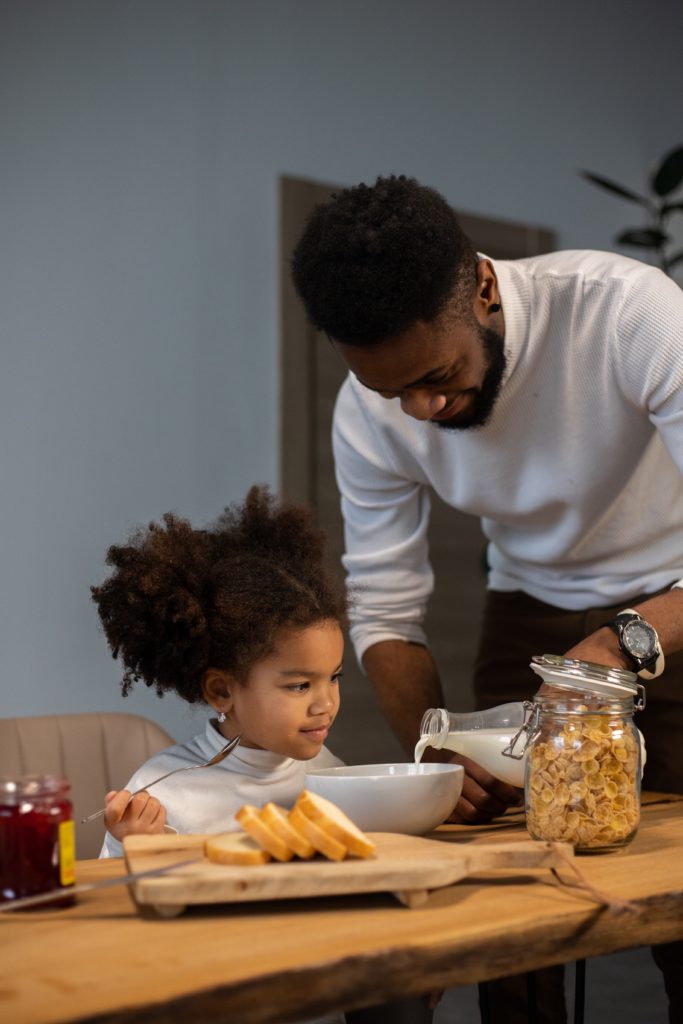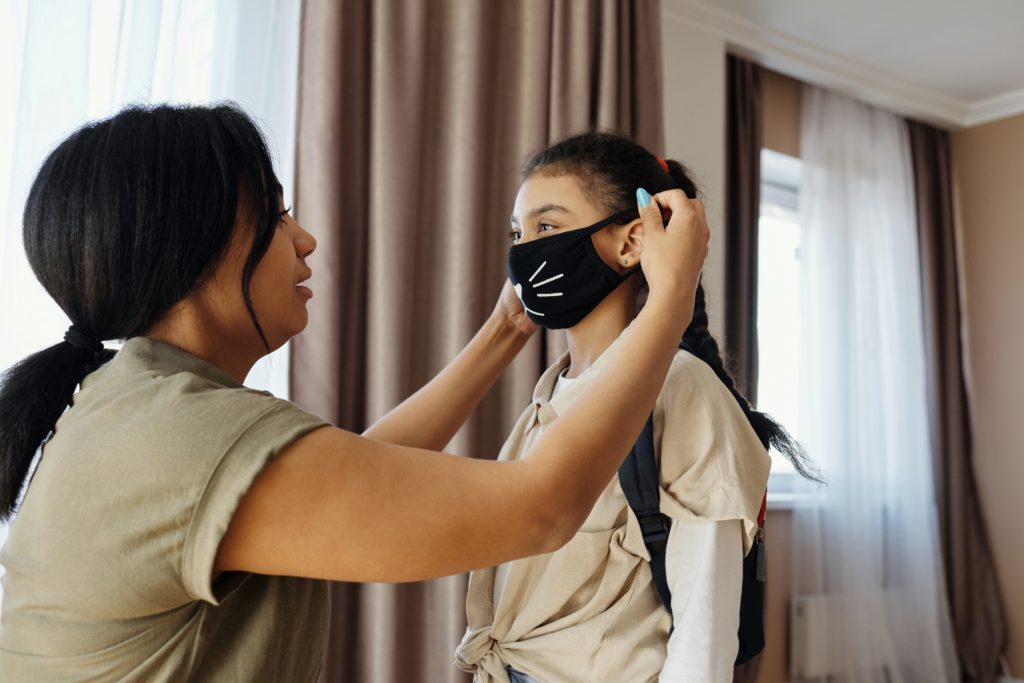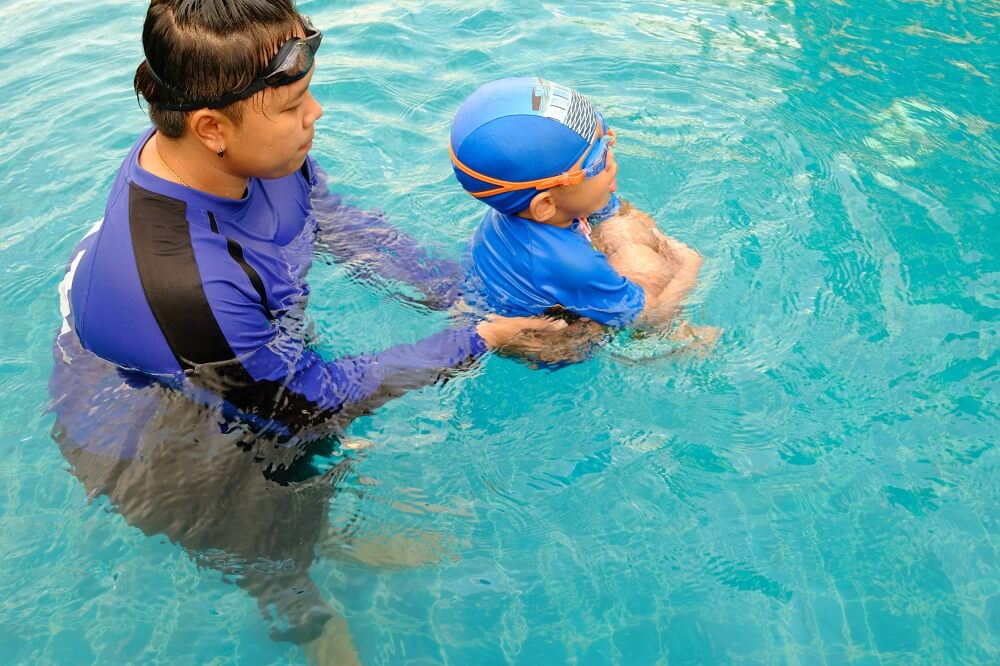5 Hidden Dangers in a Swimming Pool
Many people school their children on general pool safety guidelines. “Don’t run around the pool.” “Don’t push one another under while playing.” “No diving.” These are great rules and should continue to be preached. But there are some hidden pool dangers that you and even the most seasoned pool owners never considered.
Drowning
You might think that this one is obvious, but that is exactly the problem: Drowning is not always obvious. You might think your child will give some form of distress signal, but drowning is often called “The Silent Death” because it happens quickly, without warning, and silently. Your child is unlikely to make any sound if he is drowning. If he is stuck underwater, he will be unable to signal you, and you might not know what is happening until it is too late.
Pool Drain
The pool drain is necessary to properly filter your pool water and keep it from becoming stagnant and dirty. A proper filtration system can help prevent the spread of germs in the water. However, if the drain is not properly covered, it can produce a powerful suction that a small child cannot fight against. Older children and adults can also get caught underwater and be unable to free themselves from the drain before suffering significant injuries.
Teach children to avoid the drain. All swimmers should have long hair tied in a tight bun and avoid wearing loose jewelry in the pool. Taking these steps and following proper guidelines can help keep you and your children safe.
Flotation Devices, Noodles, and Other Toys
Arm floaties, puddle jumpers, pool noodles, and other flotation devices can create a false sense of security in children and parents. While these items can help children stay afloat and can make the pool experience safer and more fun, they are not a substitute for constant adult supervision. If you are at a gathering with multiple adults, someone should always be designated to watch the children.
Lack of Supervision
A lot of things can go wrong at a swimming pool, and it can happen in the blink of an eye. As we have already touched on, lack of supervision plays a large role in swimming-related accidents. It is important to pay attention to the details surrounding potential accidents such as leaving the ladder in the pool when it is not being used, risk of shock from electrical equipment such as underwater lights and music, and energetic children prone to taking risks. Always ensure there is an adult who is not in the pool providing constant supervision.
Spreading Germs
Every time you swim in a public or shared pool, you run the risk of contracting Recreational Water Illnesses (RWIs). According to the CDC, the most common RWI is diarrhea. It is caused by ingesting water contaminated with germs such as Cryptosporidium, Giardia, Shigella, norovirus, and Ecoli. To prevent these illnesses, shower before and after swimming. If you or a child has recently had diarrhea, avoid swimming in a shared pool. Checking the safety score of the pool and the chemical levels before swimming are recommended to ensure the safety of you and your children as well.
We all want to be able to kick back and enjoy cooling off in the summer with our friends and family. The best way to guarantee that everyone has a great time is to create a safety plan and stick to it. Remain mindful of these five hidden pool dangers and factor them into your summertime swimming plans.



